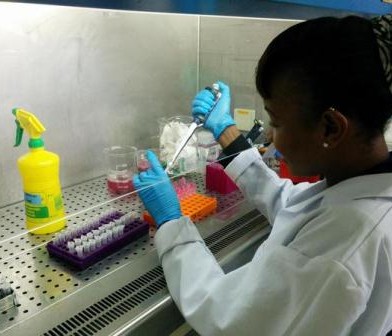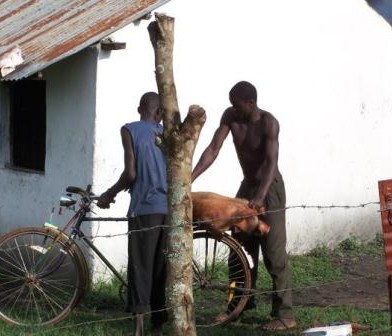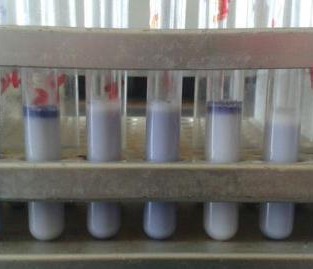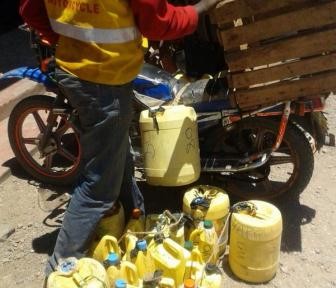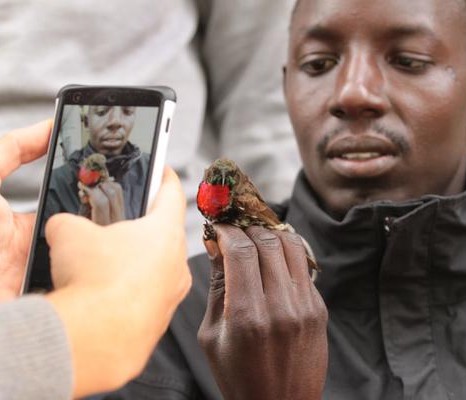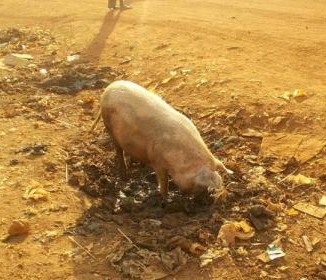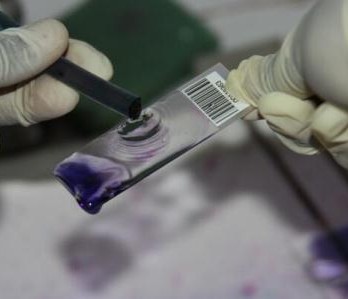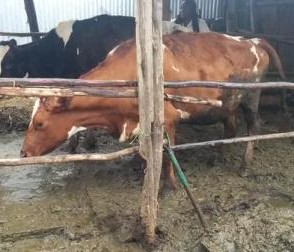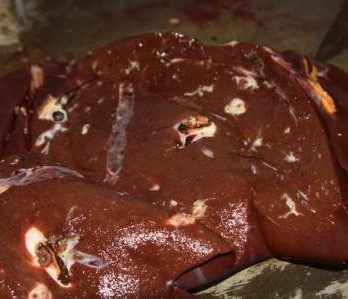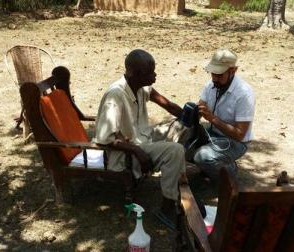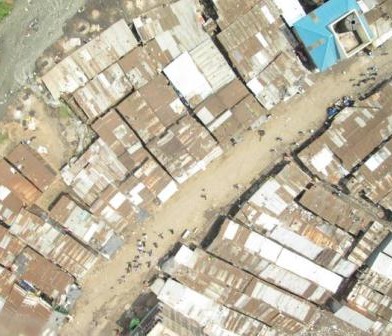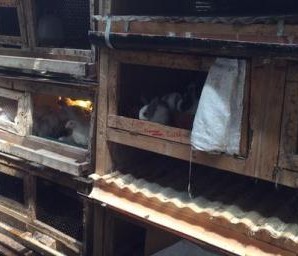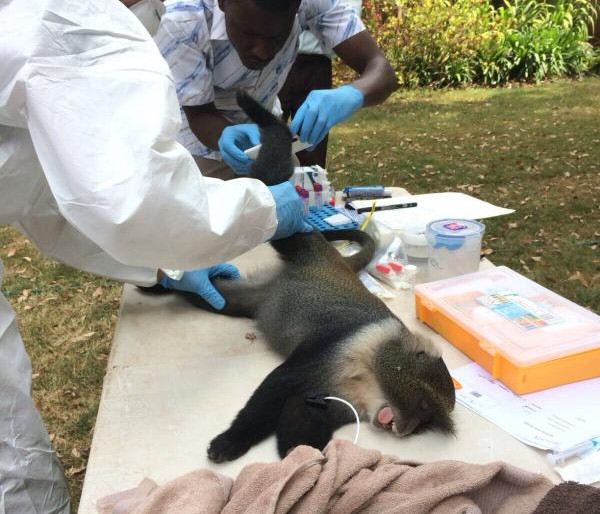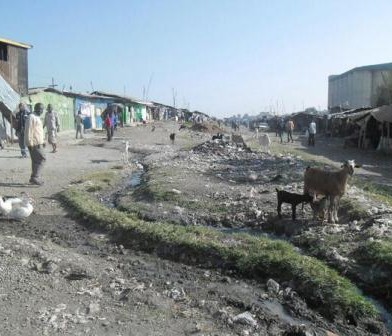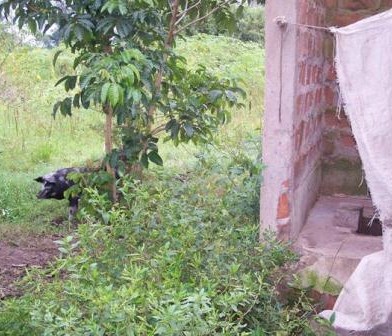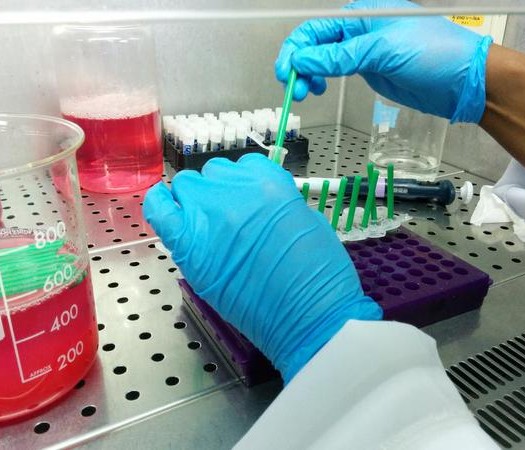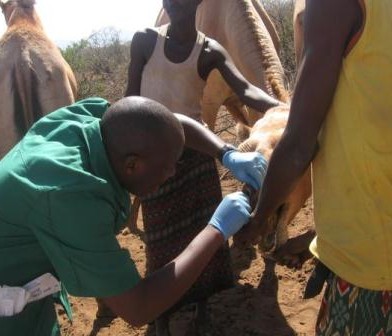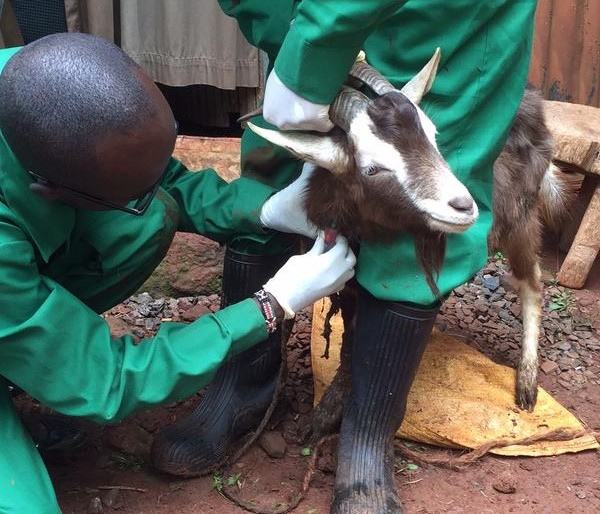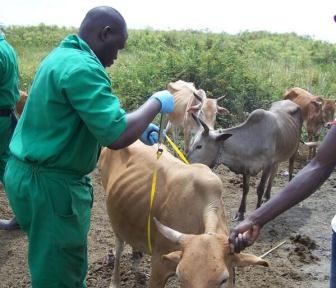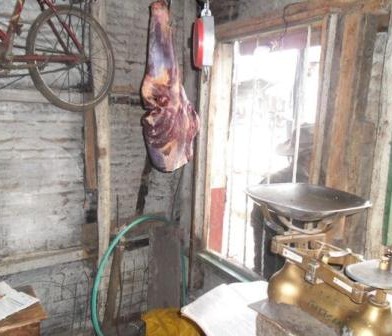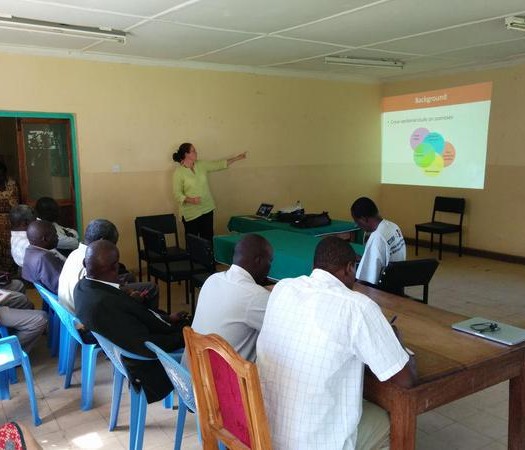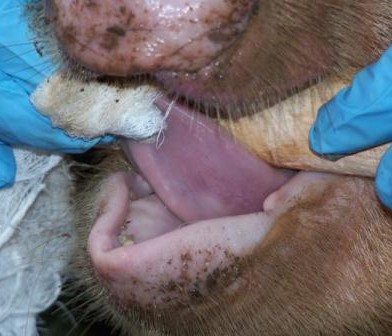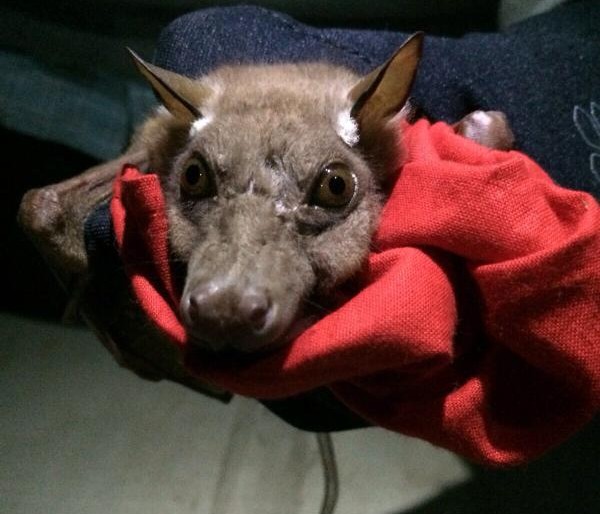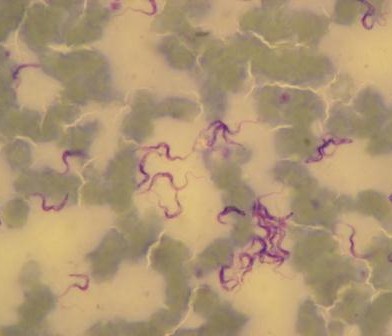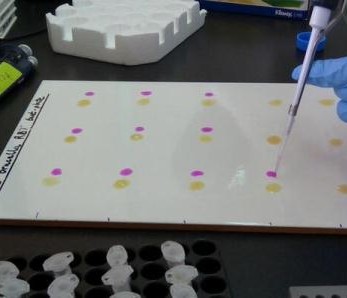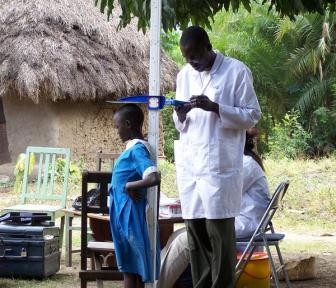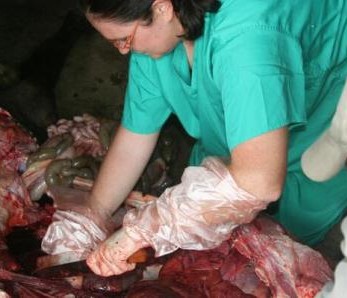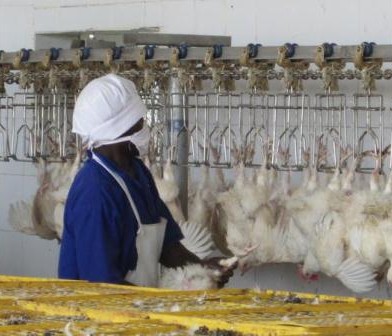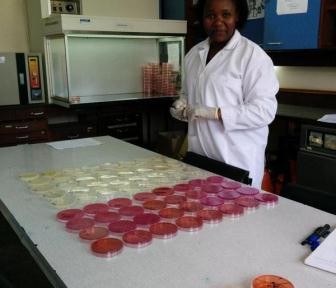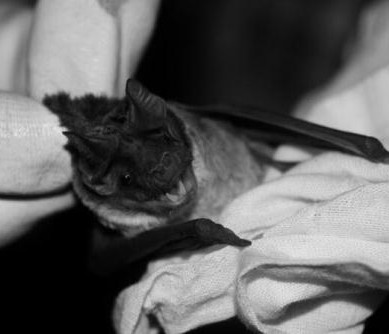This project will link to the recently awarded ZooLinK (Zoonoses in Livestock in Kenya) programme, funded by the BBSRC-RCUK-DFID ZELS programme. It is a multi-partner project based out of IGH’s Kenyan partner institute, the International Livestock Research Institute (ILRI). Together, IGH and ILRI operate a field site in western Kenya, where this research project will be partly based. The prospective student will be hosted by ILRI in Nairobi/Busia for approximately 50% of the studentship, spending the remaining 50% in Liverpool/Leahurst campus. The overall objective of this project is to understand the epidemiology and molecular epidemiology of antimicrobial resistance (AMR) in zoonotic gastrointestinal pathogens in a rural population in western Kenya, in an area of high human and livestock population density. The project will start by investigating antimicrobial drug use in both humans and livestock in the western Kenya ecological system, where there is a complete paucity of data (Chapter 1). This will be undertaken through a mixture of qualitative and quantitative approaches, including reviewing records of private sector drug sellers, key informant and focus group interviews with vets, farmers, private sector distributers, public health officials and hospital management staff. Sampling will focus on slaughterhouses as entry points in to agricultural value chains. This will target both humans and the animals being slaughtered. The prevalence of bacterial gastrointestinal pathogens in slaughterhouse workers (proposed chapter 2) and animals being slaughtered (proposed chapter 3) will be undertaken through collection of faecal swabs of workers and animals and isolation of E. coli (including VTEC), Salmonella and Campylobacter and AMR determined. Further molecular characterisation of strain types/virulence/AMR determinants in E. coli will be undertaken, comparing workers and the animals (proposed chapter 4). Finally, a case-control approach will be used (chapter 5) to determine risk factors for AMR bacteria in diarrhoeic children presenting to outpatient facilities in the study area, with a particular focus on living with livestock, interaction with farm animals and history of use of antibiotics in the household.
Training element
Standard training through both Liverpool’s and ILRI’s programme for PhD students
Attendance on specific courses (eg Wellcome Trust molecular approaches to clinical microbiology in Africa course).
3 month internship while in Kenya with the Government Zoonotic Disease Unit (policy-making body)
“On the job’ training with an interdisciplinary team in the field and training in qualitative and quantitative epidemiology and molecular biology.
The Institute of Infection and Global Health is currently offering fully funded PhD studentships to UK and other EU candidates for PhD projects. Stipend £14,057 pa
Projects are due to start in October 2015.
Please email a copy of your CV to Laura Hand at ighpgr@liv.ac.uk along with a covering letter stating why you want to study for a PhD, why you believe that you are suitable, and which project you have chosen and why, in no more than 400 words.
This studentship is open to Home/EU applicants only.
Deadline date: Monday 25th May 2015
The Zoonotic and Emerging Disease group studies a range of epidemiological issues revolving around the domestic livestock, wildlife and human interface

